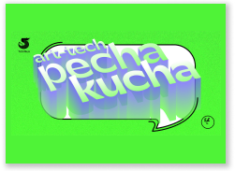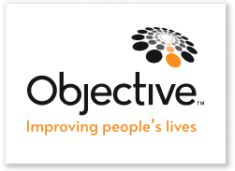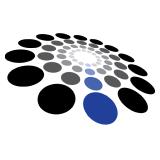Service Design and Systems Thinking: Creating Sustainable and User-Centric Solutions
Course Overview
This course delves into the exciting field of service design, focusing on the application of systems thinking to create sustainable and user-centric solutions. Participants will explore the intricacies of designing services that consider the entire ecosystem, emphasizing the interconnections between people, processes, technologies, and the environment. Through a combination of theoretical knowledge, practical exercises, and case studies, students will develop a deep understanding of service design principles and methodologies. By the end of the course, participants will be equipped with the skills to identify systemic challenges, envision innovative service solutions, and foster positive user experiences.
Course Syllabus
Here’s what you’ll learn
Module 1: Introduction to Service Design and Systems Thinking
– Understanding the core concepts and principles of service design
– Exploring the fundamentals of systems thinking and its relevance in service design
– Analyzing the relationship between services, stakeholders, and the larger ecosystem
Module 2: User-Centered Research and Insights
– Conducting user research to uncover user needs, behaviors, and pain points
– Applying ethnographic research methods to gain deep insights into user experiences
– Utilizing journey mapping and service safaris to identify service touchpoints and pain points
Module 3: Systems Mapping and Analysis
– Mapping the service ecosystem to visualize and analyze interconnected systems
– Identifying system components, relationships, and dependencies
– Using tools such as causal loop diagrams and stakeholder analysis to understand system dynamics
Module 4: Ideation and Co-Creation
– Facilitating collaborative ideation sessions with stakeholders to generate innovative service ideas
– Applying design thinking techniques to co-create solutions with users and stakeholders
– Utilizing prototyping and storytelling to communicate and iterate on service concepts
Module 5: Service Blueprinting and Journey Design
– Creating service blueprints to map out service processes, touchpoints, and user interactions
– Developing user journey maps to identify pain points and opportunities for improvement
– Analyzing service gaps and proposing service enhancements based on user insights
Module 6: Implementing and Testing Service Concepts
– Planning and managing service implementation projects
– Conducting service pilots and testing prototypes to validate concepts
– Gathering user feedback and iterating on service solutions based on testing results
Module 7: Evaluation and Continuous Improvement
– Assessing service performance and impact using appropriate evaluation methods
– Applying metrics and key performance indicators (KPIs) to measure service effectiveness
– Implementing continuous improvement processes to enhance service quality and user satisfaction
Module 8: Ethical Considerations and Sustainability in Service Design
– Exploring ethical considerations and social responsibility in service design
– Integrating sustainability principles into service design strategies
– Addressing challenges related to equity, inclusivity, and environmental impact in service design
Course Certificate
Upon completion of this course, participants will receive a certificate recognizing their proficiency in Service Design and Systems Thinking. This certificate signifies their ability to employ user-centered research, systems mapping, ideation, and evaluation techniques to design sustainable and user-centric services. Graduates of this course will be well-equipped to navigate complex service ecosystems and contribute to the advancement of service design principles and practices.
Events & Training


Make an enquiry
Reach out to our Strategic Design Director, Rob, to find out how we can help.
We typically try to reply ASAP or latest by 1 or 2 business days.


